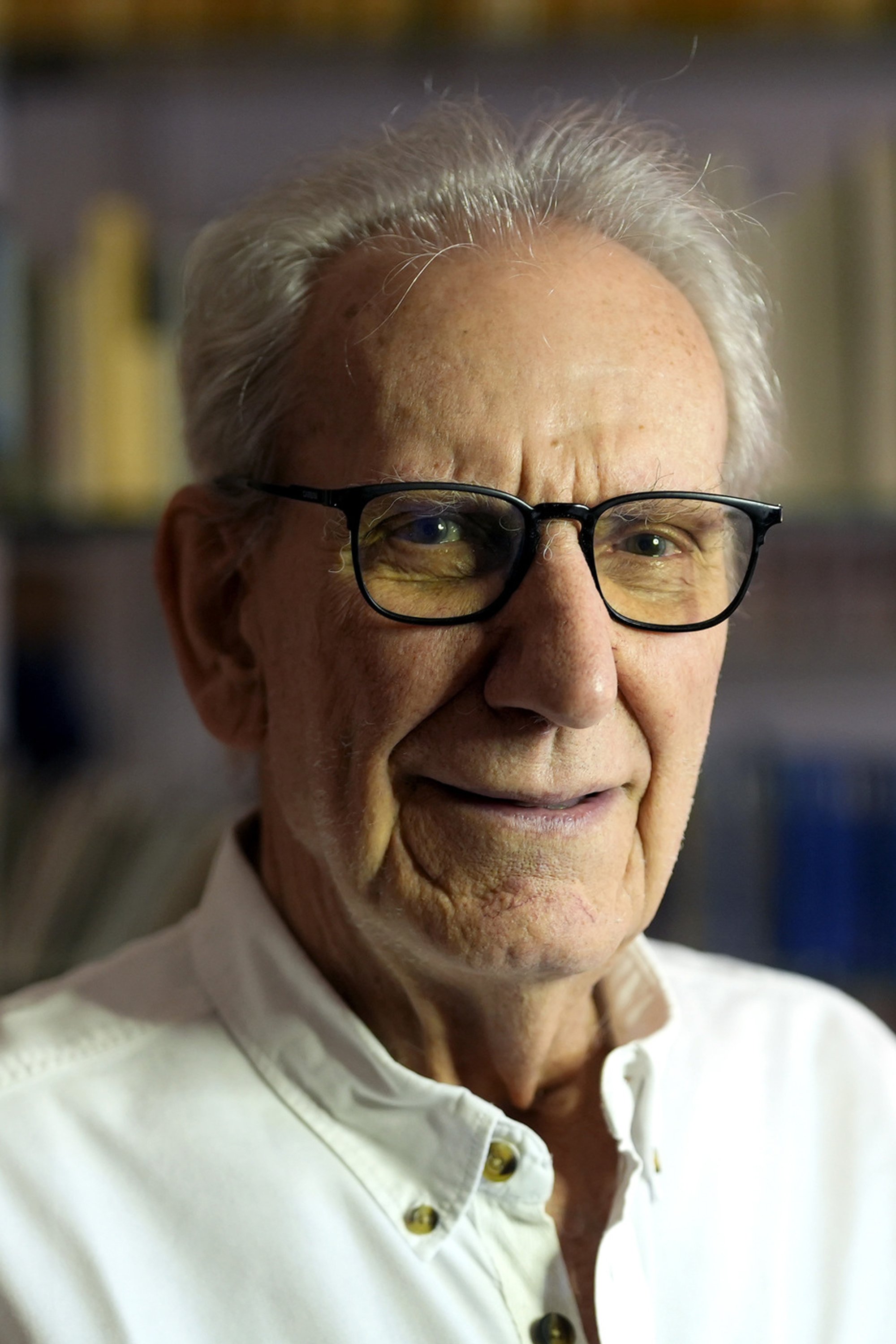
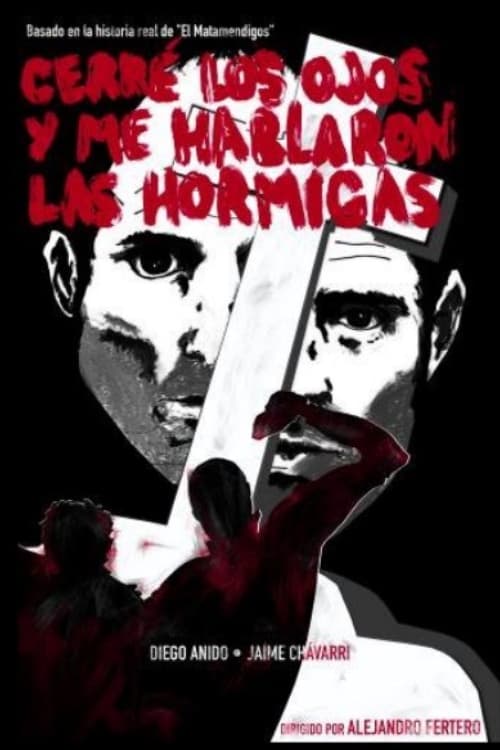
Francisco is a beggar who lives in the Almudena cemetery. One afternoon, while walking among the graves, he meets Julio, another peculiar beggar who claims to be a poet.
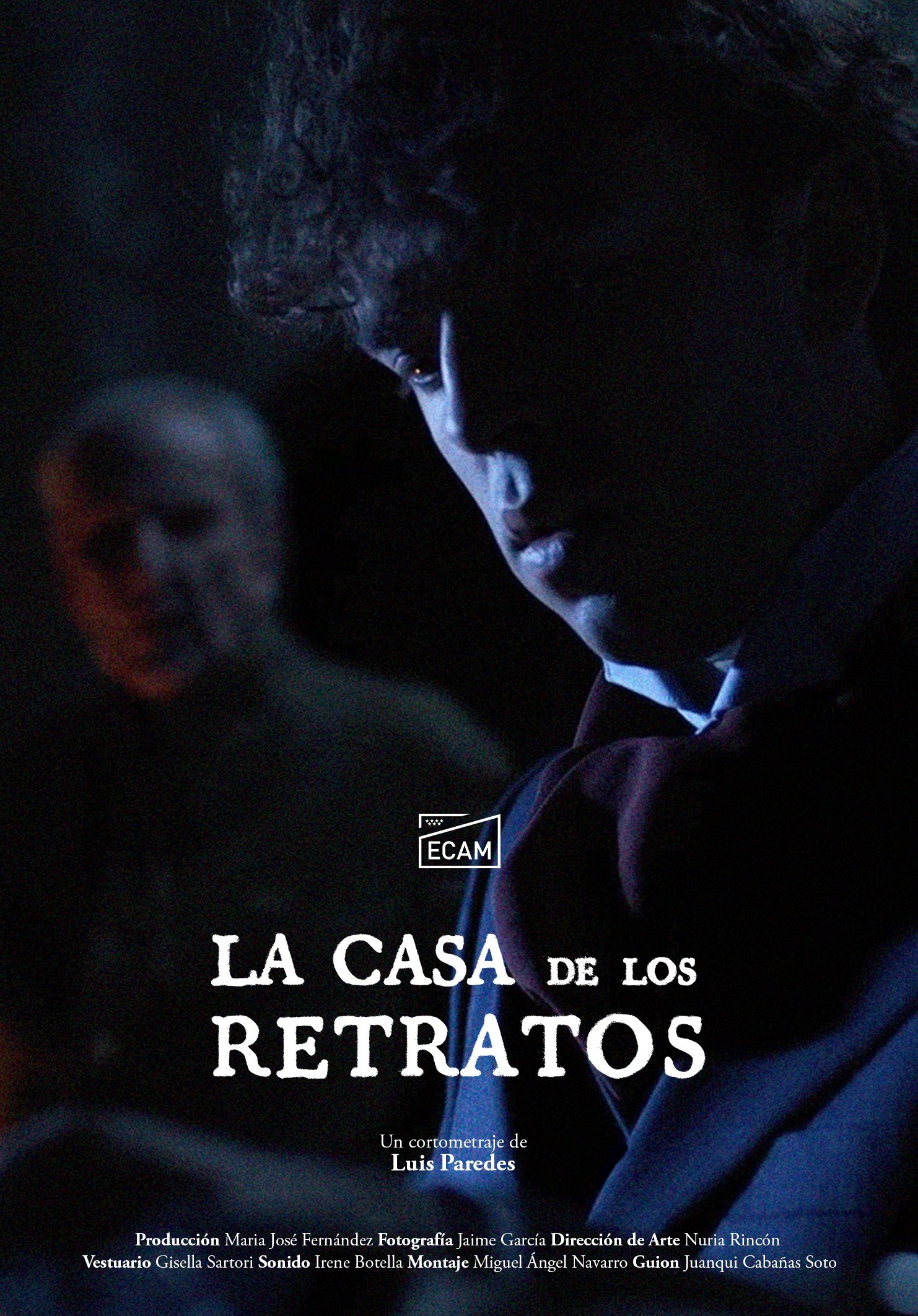
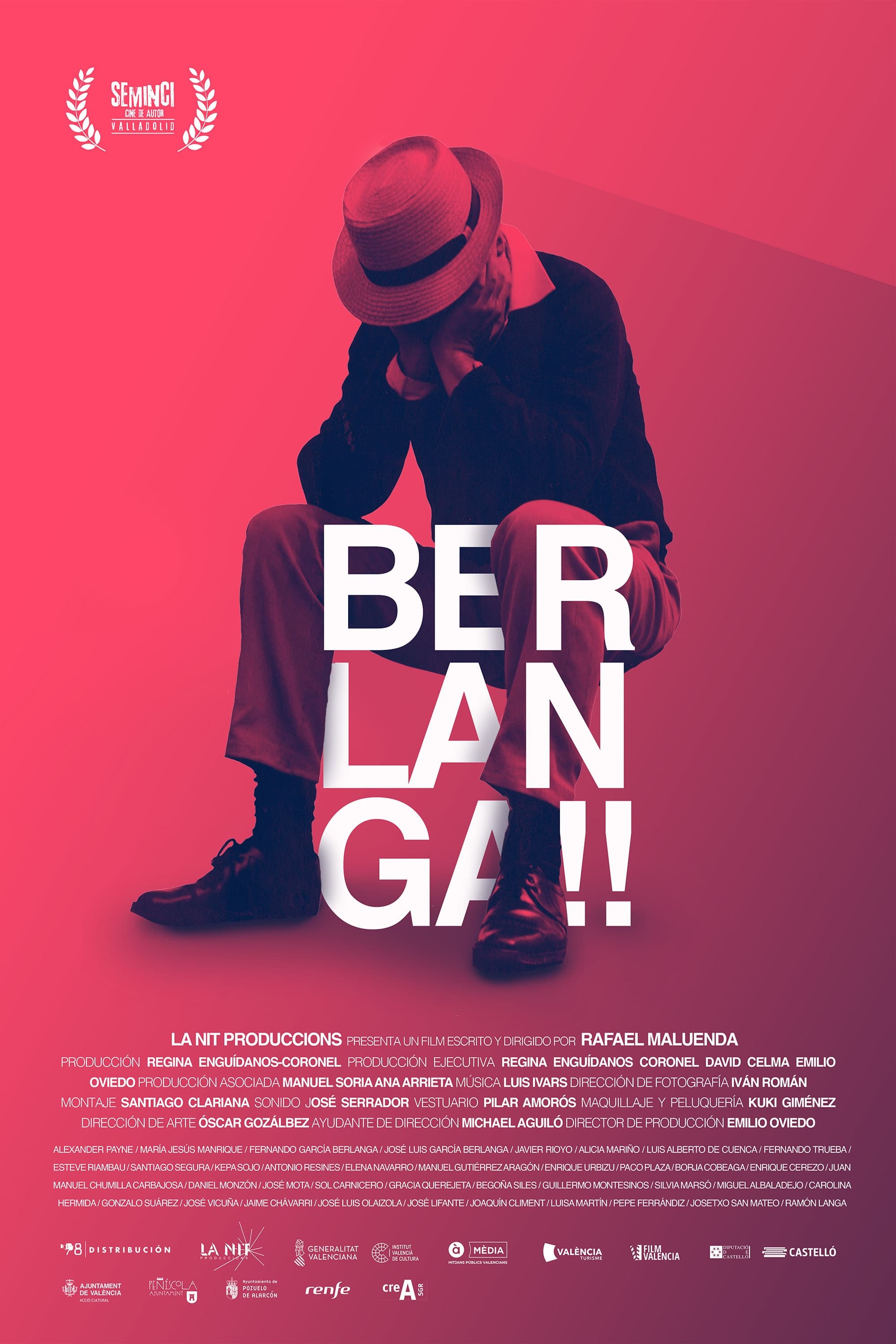
How does the vision of the brilliant Spanish filmmaker Luis García Berlanga (1921-2010) remain relevant in a time whose popular culture has little to do with his own? Since to understand the secrets of an artist it is essential to know the person behind, his family, his friends, his collaborators, as well as prestigious filmmakers and actors trace a collective portrait of a creator as singular as he is universal.
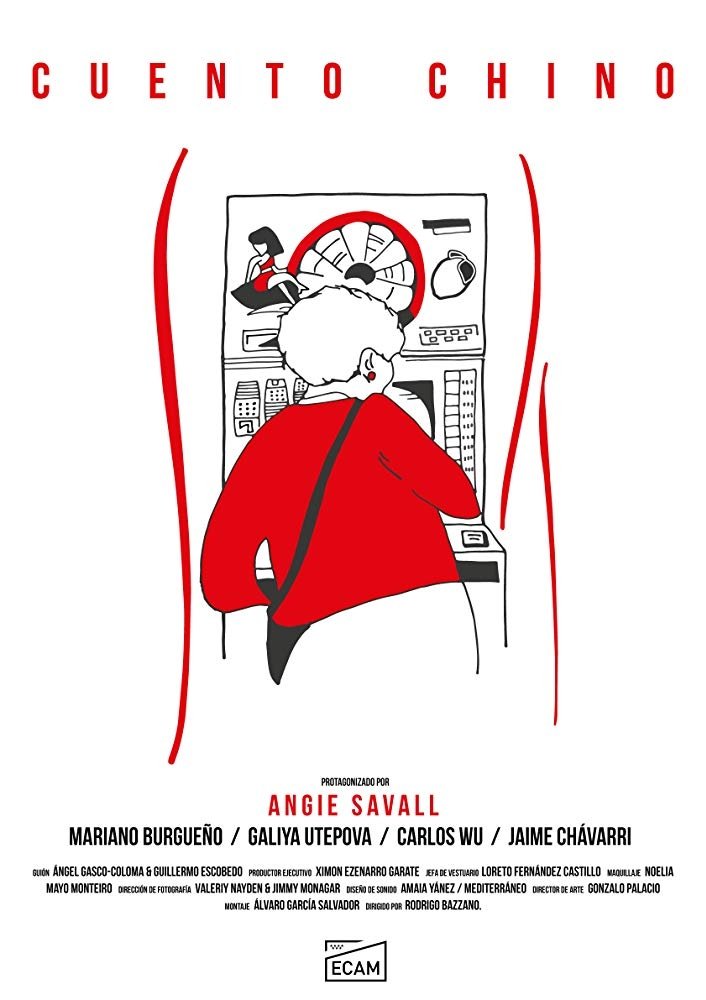
Pili is a middle-age woman. She owns a tabacco shop in a working class neighberhood of Madrid, and she is a gambler. Enraged by the prize of a slot machine, she will chase Ying and Li-Sung throughout the neighborhood. How far will she be willing to go?
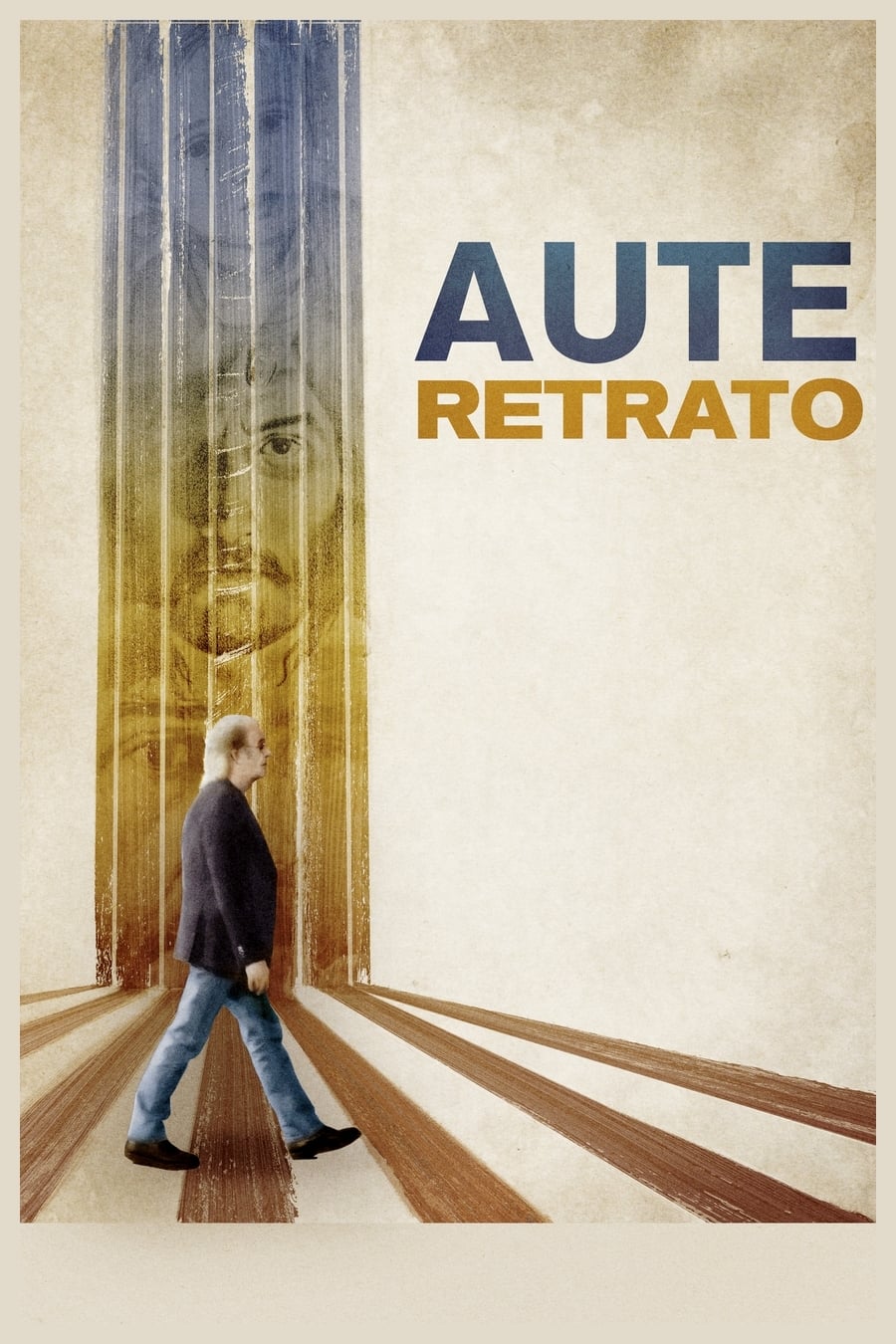
A journey through the different creative facets of Luis Eduardo Aute: singer and songwriter, painter, poet, filmmaker. Collaborators and friends tell the life of this total artist and reveal the impact his work has had in the past, has in the present and will have in the future.
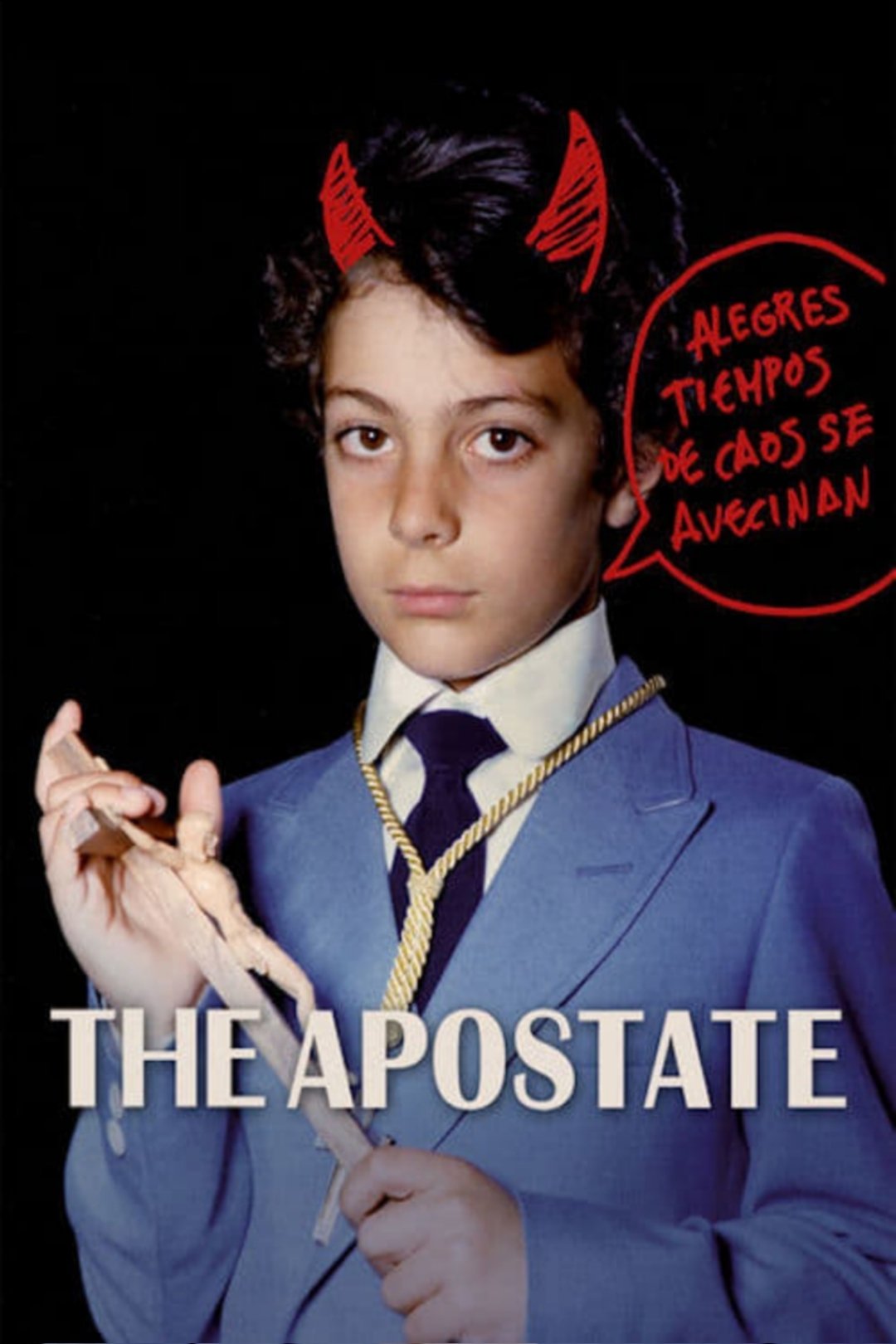
A young man navigates the bureaucracy of the Catholic Church when he tries to renounce his faith.
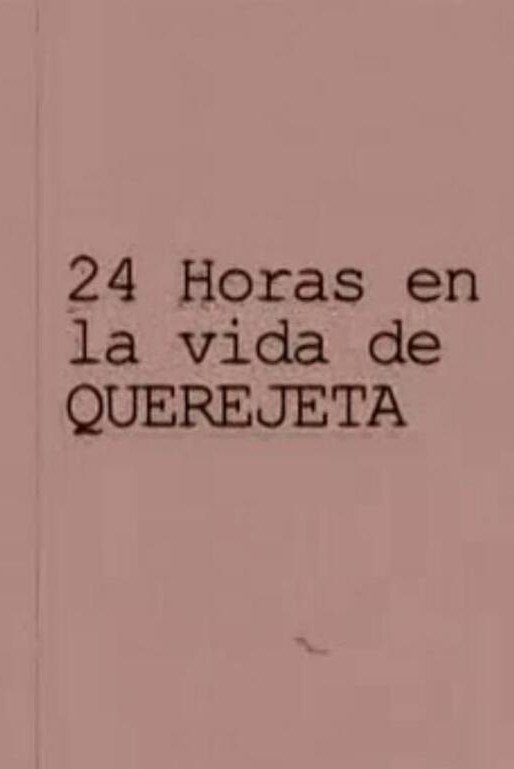
Salamanca director Chema de la Peña recalls in this feature documentary professionals early filmmakers like Fernando Colomo, Fernando Trueba, Imanol Uribe, Carmen Maura and Antonio Resines, protagonists of the so called 'New Spanish Cinema' in the 80s. His first films were produced between friends, her back to the industry. Rolled with minimal budget and with the sole intention of having fun ... And big surprise were critical and box office successes. And also true generational manifestos.
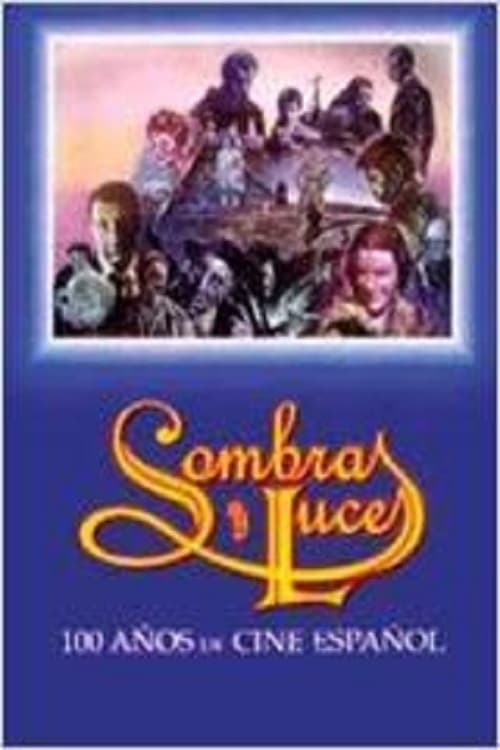
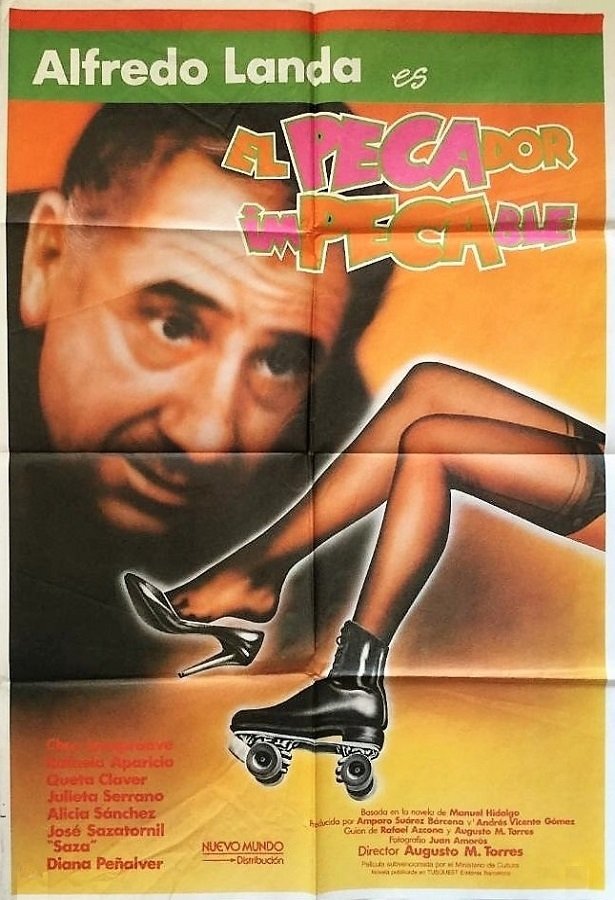
Honorio Sigüenza is a man in his forties who has always lived under the yoke of his possessive mother. When his mother dies, he undergoes a radical transformation that will lead him to live numerous love affairs in the face of the disapproval of his cousin Veni, who wanted to marry him.
Spanish film director born in Madrid. Graduated in Law, he never practiced as a lawyer. He later studied for two years at the Escuela Oficial de Cinematografía and worked as a film critic for the magazine Film Ideal while making several short films in super-8. His first solo feature film was Los viajes escolares (1974). In 1976 he released El desencanto, a biographical documentary about the poet Leopoldo Panero. The film was awarded the Best Film Award by the Círculo de Escritores Cinematográficos. A un dios desconocido (1977) starred Héctor Alterio and its script was written by Elías Querejeta. It was followed by Dedicatoria (1980) and Bearn o la sala de las muñecas (1983), starring Fernando Rey, Imanol Arias and Ángela Molina. One of his most recognized works is Las bicicletas son para el verano (1984), based on a play by Fernando Fernán Gómez. The film, starring Agustín González, Victoria Abril, Marisa Paredes and Gabino Diego, is set during the Spanish Civil War. El río de oro (1986) stars Ángela Molina. It is followed by Las cosas del querer (1989), in whose script Fernando Colomo participated. Tierno verano de lujurias y azoteas (1992) is a comedy starring Gabino Diego, Marisa Paredes and Imanol Arias. In 1994 he directed the sequel to Las cosas del querer with the same actors. A year later he released Gran Slalom (1996), with a script by Rafael Azcona. The film stars Juanjo Puigcorbé and Pilar Bardem, among others. The following year he directed a Spanish-Argentine co-production entitled Sus ojos se cerraron y el mundo sigue andando (1997). In 2002 he directed Besos para todos, starring Emma Suárez and Eloy Azorín and in 2004 El año del diluvio, an adaptation of the novel by Eduardo Mendoza. His latest feature film was Camarón (2005), for which he co-wrote the script with Álvaro del Amo. The film is based on the biography of the flamenco singer José Monje Cruz, Camarón de la Isla, who is given life by the actor Óscar Jaenada in a splendid characterization. The film won three Goya awards for Best Costume Design, Best Makeup and Hairstyling and Best Leading Actor.
By browsing this website, you accept our cookies policy.